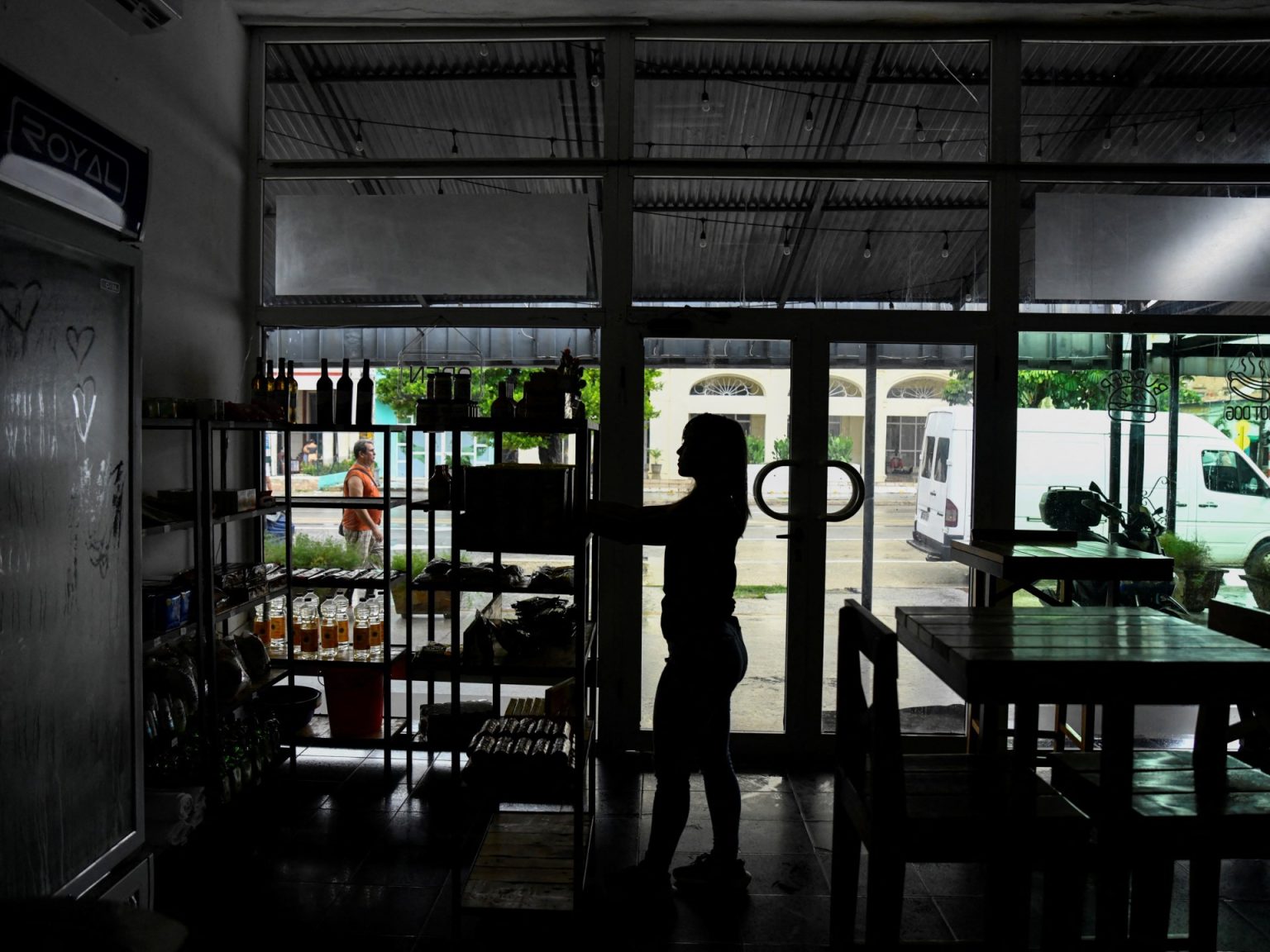Cuba is experiencing a severe energy crisis that has led to nationwide blackouts and a halt in non-vital state services and businesses for three days. Prime Minister Manuel Marrero announced the measures, including the closure of cultural activities and public schools, due to a shortage of fuel and rising demand for electricity. The government declared a complete breakdown of the National Electric Power System, but assured the population that the country is not yet in a bottomless abyss despite the challenges.
The energy shortfall in Cuba has been attributed to deteriorating infrastructure, fuel shortages, and rising demand. President Miguel Diaz-Canel pointed to US sanctions as a contributing factor, making it difficult for Cuba to import fuel and other necessary resources. The country has traditionally relied on subsidised oil from Venezuela, but with Venezuela facing economic issues, the supply has become precarious. Russia and China, allies of Venezuela, have not provided enough aid to fill the gap, resulting in severe blackouts and shortages in Cuba.
Millions of Cubans have been coping with extended power outages lasting up to 12 hours, particularly outside the capital of Havana where electricity is scarce for over 18 hours a day. The passage of Hurricane Milton further hampered fuel deliveries to power plants, exacerbating the crisis. The government announced plans to take two of the island’s largest power plants offline for maintenance as part of efforts to revitalize the country’s infrastructure, but this has added to the electricity shortage.
In the midst of the energy crisis, Cuba is facing challenges with its private businesses, which are high consumers of electricity. Authorities have decided to increase electricity rates for these businesses in an attempt to manage the energy consumption. Residents in Cuba are already struggling with shortages of food, fuel, water, and medicine, making life increasingly difficult. A significant portion of the population lacks regular access to running water, further complicating the situation.
Reports indicate a rise in violent crime on the island, linked to the emergence of a new cannabis-based drug known as “quimico.” Despite the challenges faced by Cuba, officials are optimistic about the future of power generation, expecting improvements in the coming days as fuel is distributed more efficiently. The country’s reliance on external sources for fuel and electricity remains a critical issue, with efforts being made to address the energy crisis and revitalize infrastructure.













